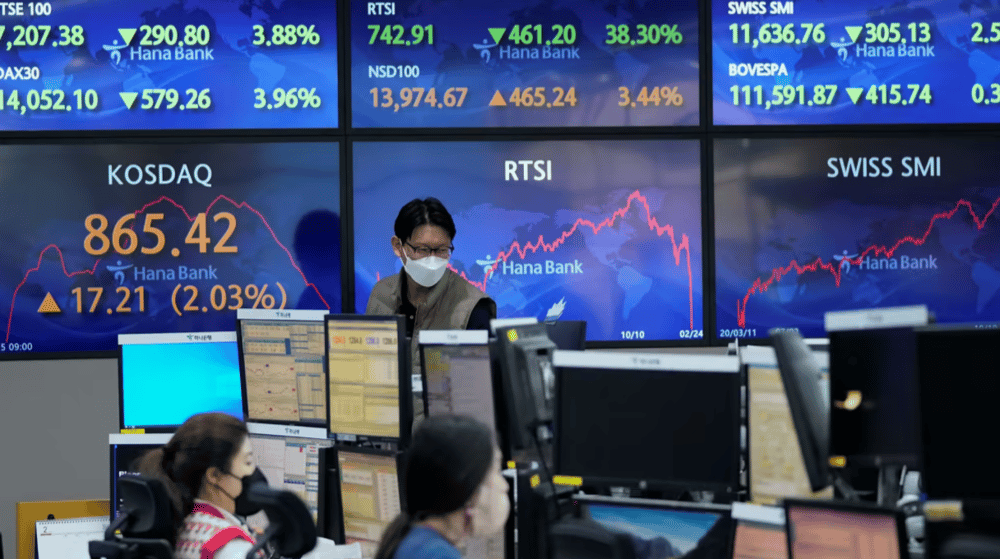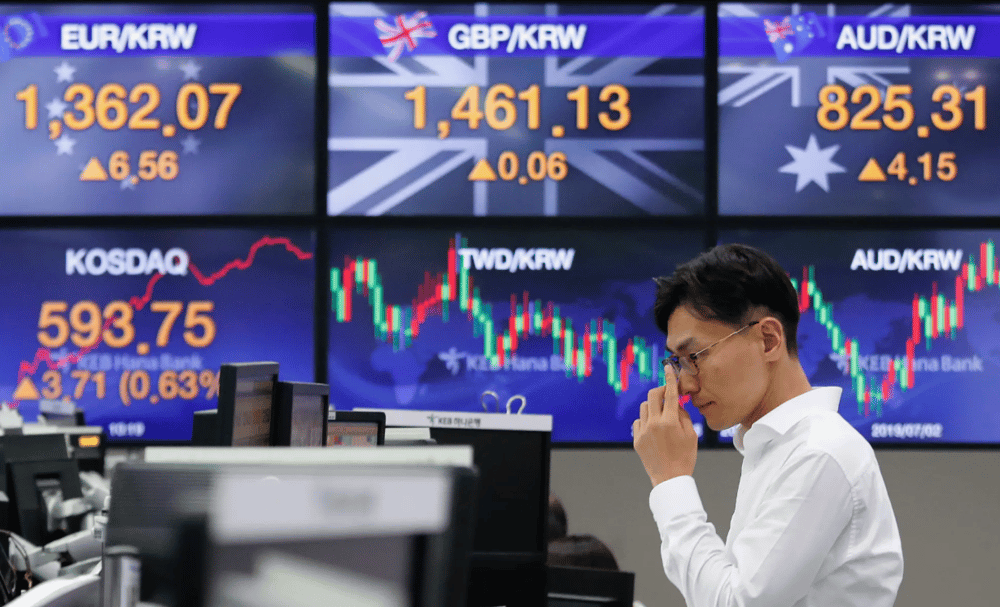Recent developments in the financial markets have demonstrated how global political shifts can directly influence the performance of major Asian and US indices. The recent recovery of stock markets, fueled by hopes that Washington may reconsider its aggressive tariff policies, has provided traders and analysts with room for cautious optimism.
The rebound in US stock index futures and Asia's key indices signals a notable return to riskier assets. This shift occurred as US Treasury yields climbed from a six-month low, gold prices dropped to a two-and-a-half-week low, and investors re-entered the oil market after prices plummeted to near four-year lows.
This renewed interest in risk assets reflects a temporary sigh of relief from recent heavy sell-offs, suggesting traders may be taking a more balanced approach amidst persistent uncertainty.
Top Performers and Key Indicators
Among the Asian markets, certain players have positioned themselves as leaders:
1. Japan’s Nikkei Index – Surging by an impressive 5.6%, it outpaced other regional markets and became a standout performer.
2. Hong Kong's Hang Seng Index – Registered a 1.7% increase during early trading, showcasing steady progress.
3. Mainland China's Blue-Chip Index – Gained 0.6%, reflecting a positive albeit measured upward movement.
These improvements indicate a broader trend of recovery, though the underlying global economic and geopolitical concerns remain unresolved.
International Trade Tensions at the Core
Trade disputes remain at the heart of market volatility, with the latest exchanges between the US and China highlighting the fragility of the global economic landscape. Key developments include:
- Beijing explicitly rejecting what it described as “bullying” tariff threats from the US, emphasizing that China would not yield to external pressures.
- JPMorgan Chase CEO Jamie Dimon voicing concerns over rising inflation and a potential slowdown in US economic growth. These warnings add to fears of broader repercussions should the trade disputes escalate further.
Japan as a Key Player in Trade Talks
Amid ongoing trade tensions, Japan has emerged as a pivotal player. US Treasury officials Scott Bessent and Jameson Greer have been tasked with overseeing trade negotiations with Tokyo, highlighting Japan’s increasingly significant role in global trade diplomacy. By fostering agreements, Japan aims not only to advance its economic interests but also to moderate escalating disputes between major economic powers like the US and China.
Conclusion
The financial markets continue to be deeply influenced by political decisions, with each policy announcement from economic heavyweights leaving a noticeable imprint. While traders closely monitor these developments, the persistent uncertainty surrounding US-China trade policies creates both risks and opportunities for global markets. With more negotiations and potential policy changes on the horizon, the journey ahead for investors will undoubtedly demand caution, adaptability, and resilience.







It's exciting to see how this development could set new standards for automation in the tech sector.